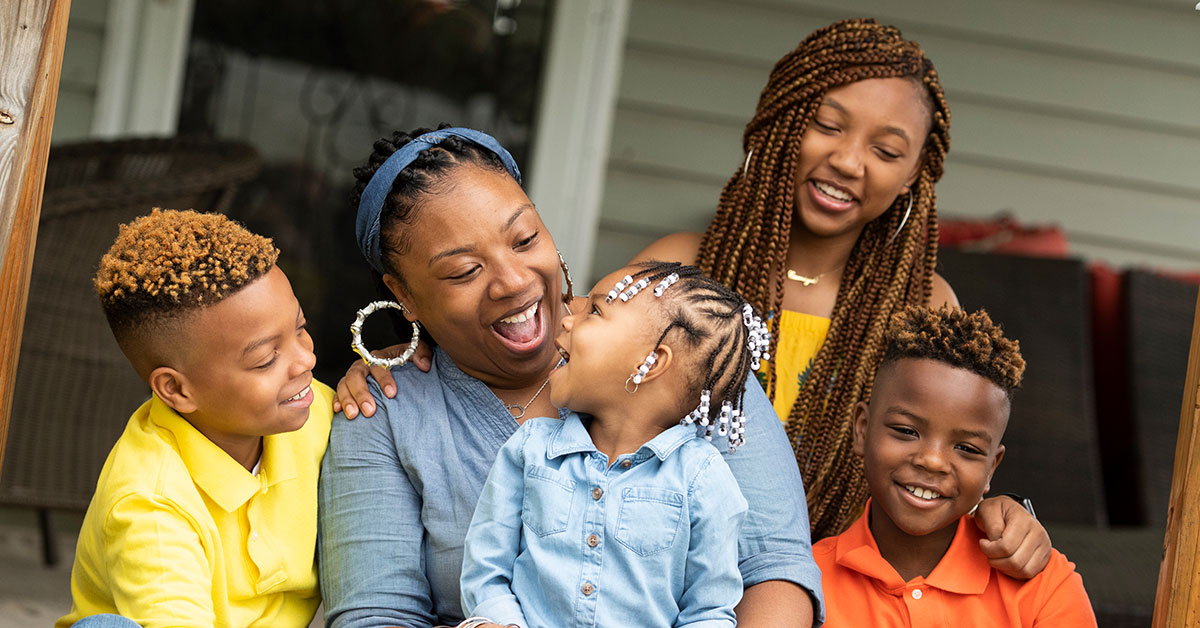
Why This Indicator Matters
Definition and Source
PROVIDER
Definition
Using the relationship to householder items on the Current Population Survey Annual Social and Economic Supplement, children are identified in kinship care when a parent is not present in the household and the child is either related to at least one other person in the household (e.g., sibling, grandchild, niece/nephew) or is listed as a nonrelative of the householder (e.g., a family friend).
Children listed as housemates, roommates, or boarders are not categorized as children in kinship care. Children identified as a foster child are not categorized as children in kinship care because the familial or friendship relationship tie cannot be determined. The analysis excludes children living in group quarters (i.e., group placements) as well as children who are the householder or spouse of the householder.
Data Source
Notes
Last Updated
